
This article is more than
9 year oldHe won’t need to serve any lunch - there’s already more than enough beef to go around.
Throughout his campaign to be elected president, Mr Trump put technology companies and their executives in the firing line, with calls for boycotts and accusations of tax-dodging.
And with tax and immigration reform at the heart of his plans in the White House, there could be ample scope for fireworks between the leader-to-be and Silicon Valley’s most-powerful.
Central to the discussions will be Peter Thiel. The Paypal founder, investor and Facebook board member is part of Mr Trump’s transition team after he offered energetic support during the campaign.
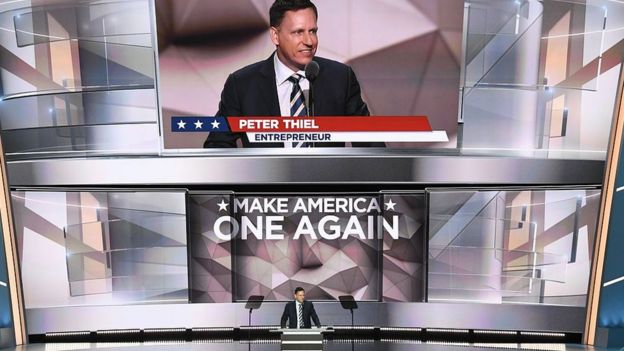
Mr Thiel is well-respected in Silicon Valley and will serve to act as the bridge between the new administration and tech leaders.
Who is Trump adviser Peter Thiel?
We’ll likely only hear snippets of what gets discussed at the meeting, but here’s a breakdown of who’s reportedly going, and what they may discuss.
From Facebook, it won’t be Mark Zuckerberg attending but Sheryl Sandberg, the company’s chief operating officer. Facebook is facing intense scrutiny over so-called “fake” or “false” news circulating on the site.
Mr Trump has been seen to have been the beneficiary, so it’s unclear whether he’ll see this as a topic worth bringing up - much in the way he has dismissed claims Russia influenced the election through hacking.
Ms Sandberg was a staunch supporter of Hillary Clinton, even being touted as a potential part of her cabinet. When Mr Trump won, Ms Sandberg put out a message urging Americans to work for a "better future for everyone”.
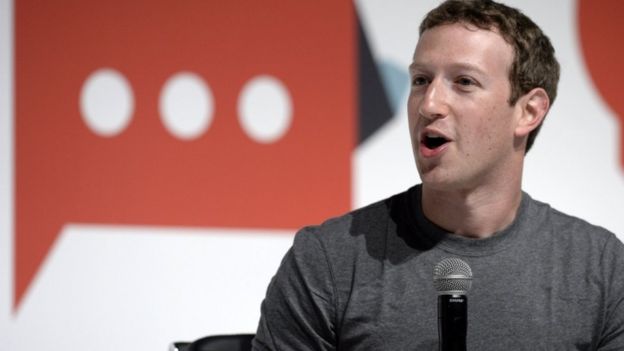
Apple boss Tim Cook will be there. Earlier this year furore grew over encryption - when Apple refused to unlock the San Bernardino killer’s iPhone - and Mr Trump called for an Apple boycott, apparently on a whim. That had no effect whatsoever, but the encryption debate will surely come up again under Mr Trump’s tenure.
That whole row might just be brushed aside as campaign-trail bravado, but what will be more important to the president-elect will be the prospect of Apple making their iPhones in the USA rather than China.
That could have serious implications for Apple’s bottom line and would take years to execute. More simple would be for Apple to put money into the SoftBank fundthat Mr Trump heralded recently. That would please all parties - Apple makes an apparently sensible investment, and Mr Trump gets to say he’s convinced Apple to invest more in American jobs.
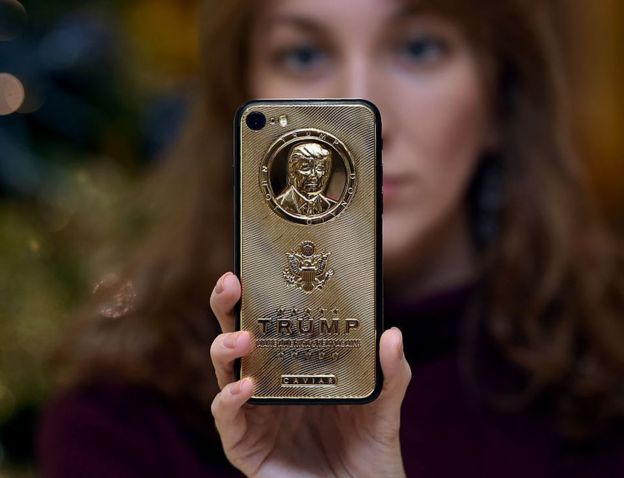
Tesla’s chief executive Elon Musk may be there. Though he at first said he was otherwise engaged, now it looks like he will be attending.
For Mr Musk, the chief concern will surely be Mr Trump’s view on renewable energy. Tesla benefits massively from tax breaks, as do the people who buy Tesla cars. Those breaks are gradually disappearing - but how quickly they go may be down to Mr Trump who has pledged to prioritise other energy sources like so-called "clean" coal.
One area they may both get excited about, however, is future space travel - Mr Musk is the leading figure in the effort to put a human on Mars.
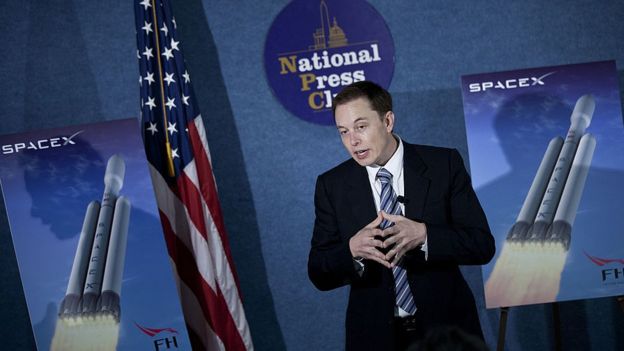
Google’s parent company Alphabet is being represented by the search engine’s co-founder, Larry Page. Mr Trump amplified the conspiracy theory that Google was suppressing “bad” news about Hillary Clinton during the campaign. Google strongly denied the claims in a blog post. Again, probably more campaign-trail bravado.
And then there’s Amazon’s Jeff Bezos. Mr Trump has accused the billionaire of using the Washington Post, which he owns, to pressure politicians into letting Amazon get away with paying less tax. Mr Bezos offered to fire Mr Trump into space in a rocket.
Mr Trump’s hatred of the Post could see Mr Bezos singled out at the meeting - it was the newspaper that published the infamous “locker room talk” video during the campaign.
Mr Bezos has been kinder to the president-elect since his election win, however - tweeting that he offers Mr Trump his "most open mind and wish him great success in his service to the country."
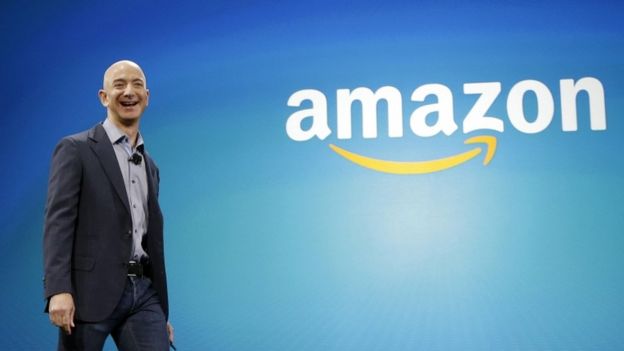
Other attendees expected include the chief executives at Intel, Microsoft, Cisco, IBM and Oracle. Interestingly, it appears there is no place for Twitter’s Jack Dorsey, despite the platform being Mr Trump’s favoured social network.
Only Oracle’s Safra Catz has spoken publicly about the meeting.
"If he can reform the tax code, reduce regulation and negotiate better trade deals, the US technology industry will be stronger and more competitive than ever,” she said.
The topic that affects all of those attending is immigration. Tech companies are worried sick that Mr Trump’s stance on the H1-B visa (he doesn’t like it) will mean they are less able to recruit high-quality skilled workers from overseas.
On tax, a lowering of US corporation tax could tempt tech companies, who stash cash in overseas offices, to bring their profits back to the US. This would be seen as a big win for Mr Trump and a publicity coup for the technology companies who are under fire for placing huge amounts of money in places like Ireland where they have relatively little sales but terrific tax conditions.
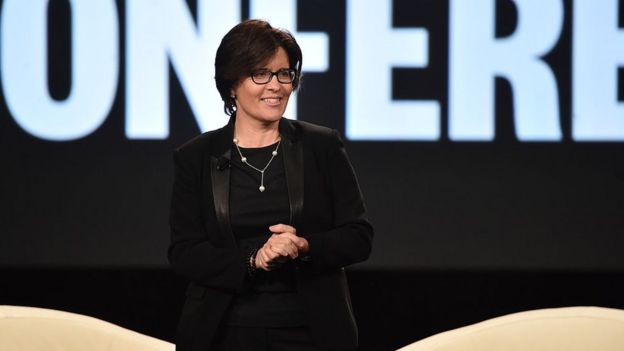
The willingness of tech leaders, who were so vocal against Mr Trump before the election, to meet privately with Mr Trump has not played well with some key figures in Silicon Valley.
Recode’s Kara Swisher, the industry’s most influential journalist, lambasted the leaders for attending the meeting and not speaking out publicly against some of Mr Trump’s policies.
She said tech leaders would get "exactly nothing for handing over their dignity”.
She argued that the tech industry was powerful enough to have real influence on Mr Trump but, in public at least, was being soft on his campaign rhetoric.
Follow Dave Lee on Twitter @DaveLeeBBC and on Facebook